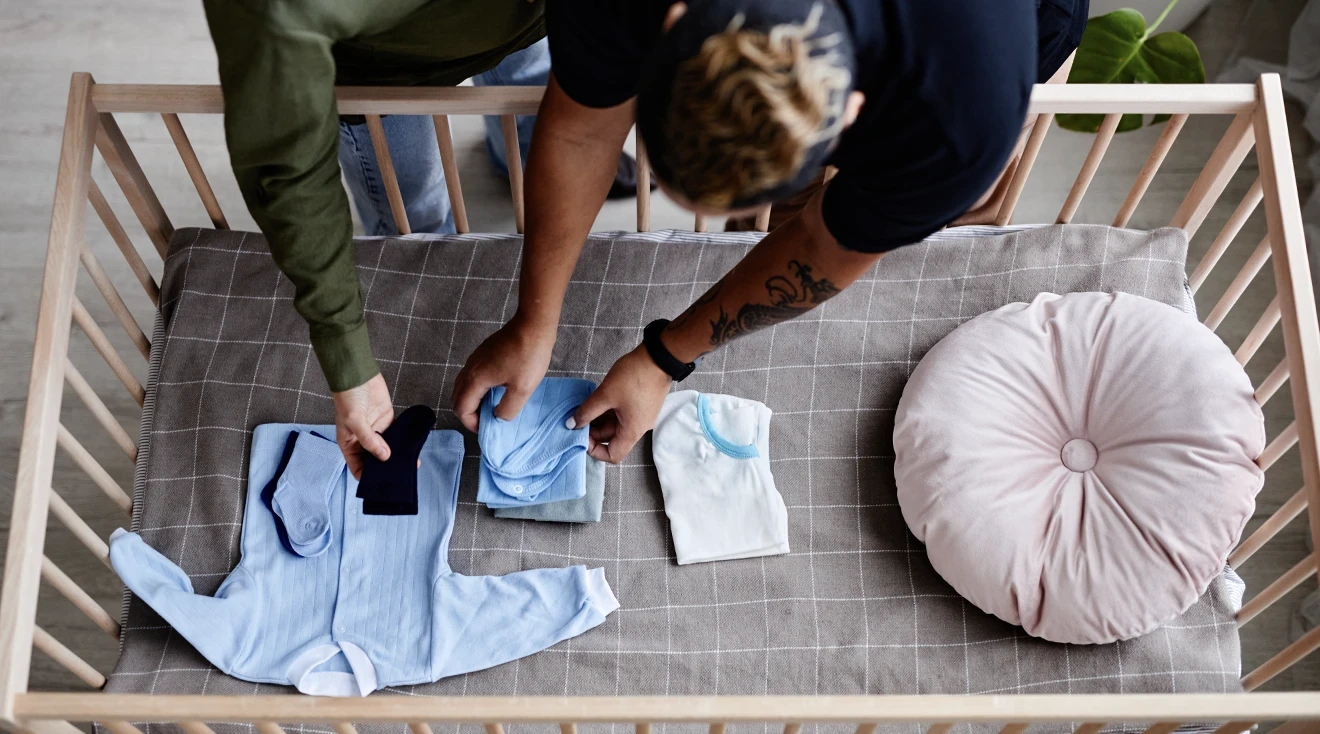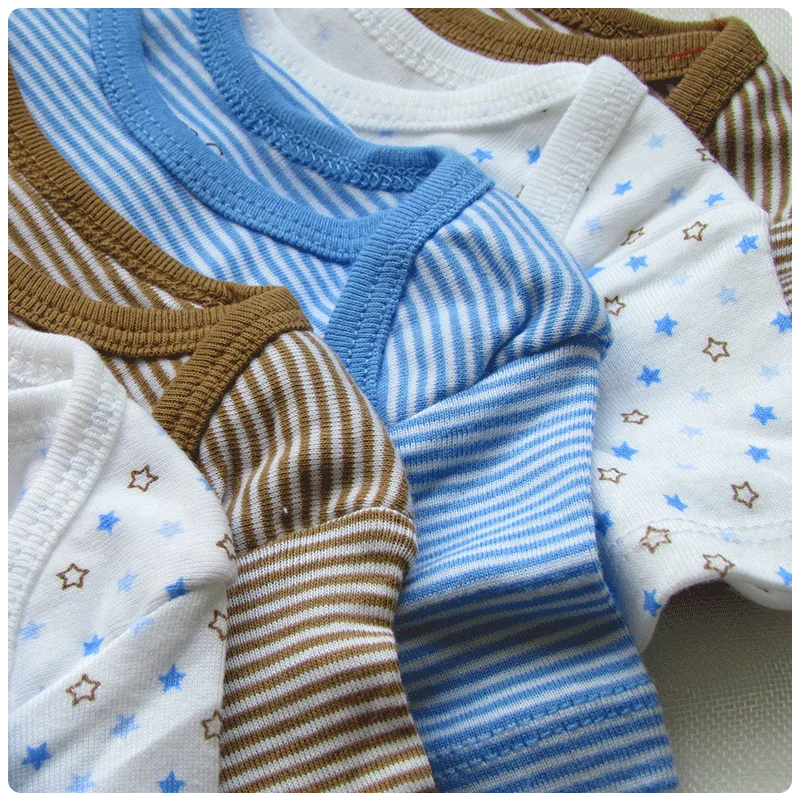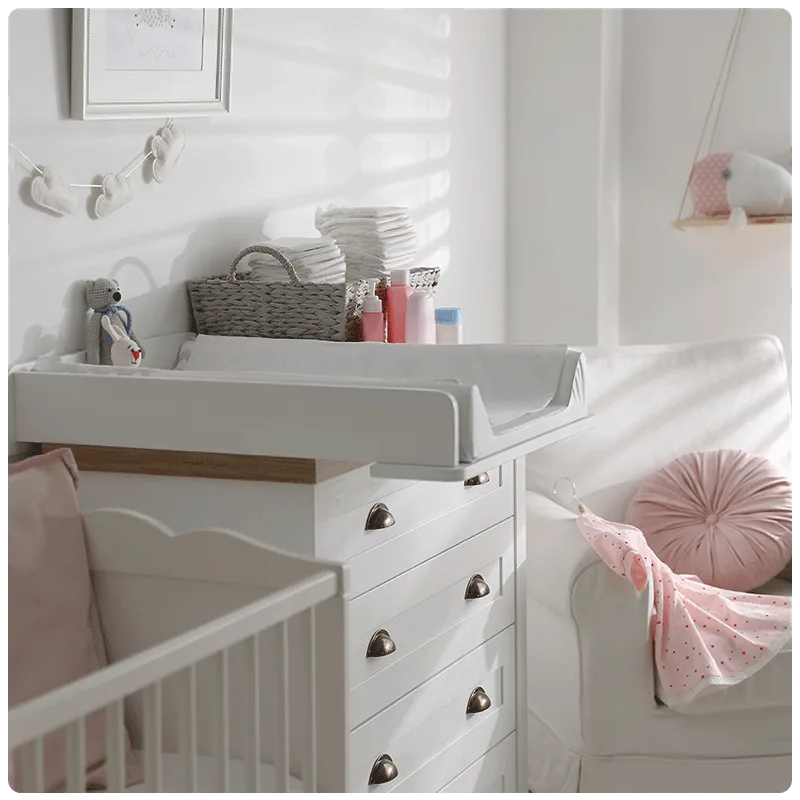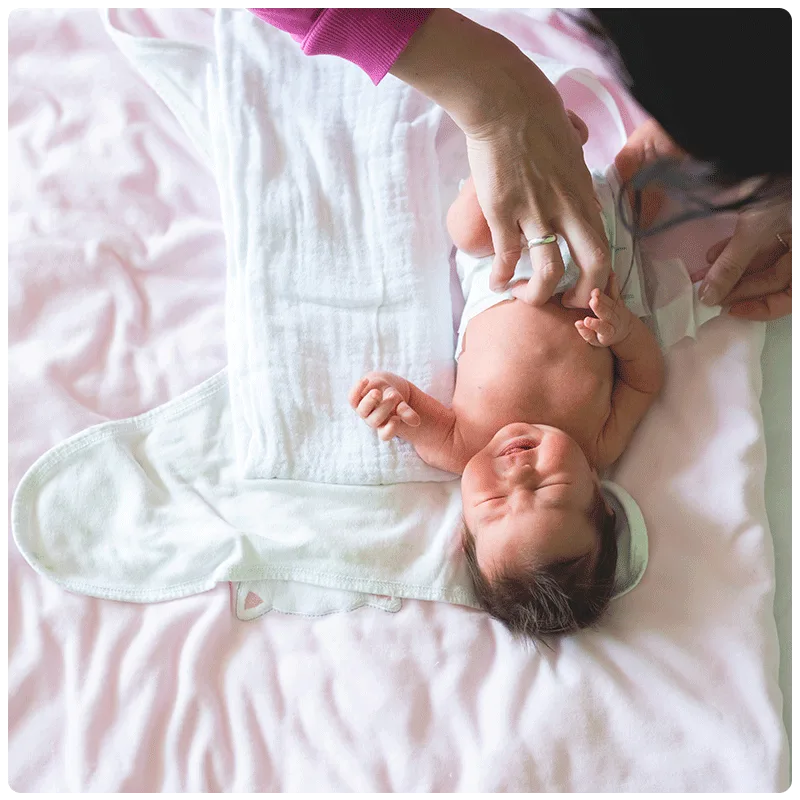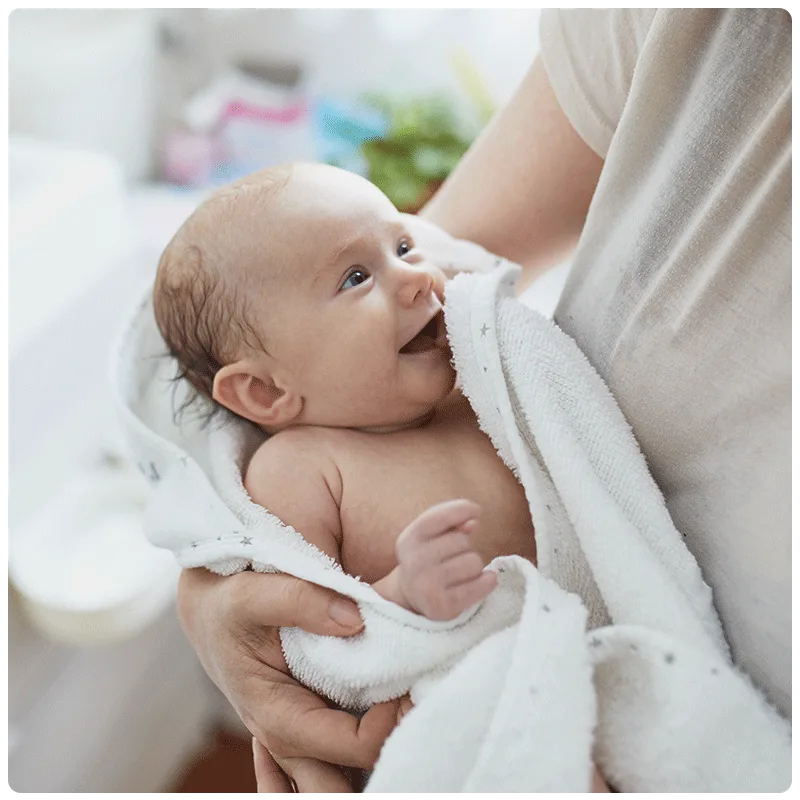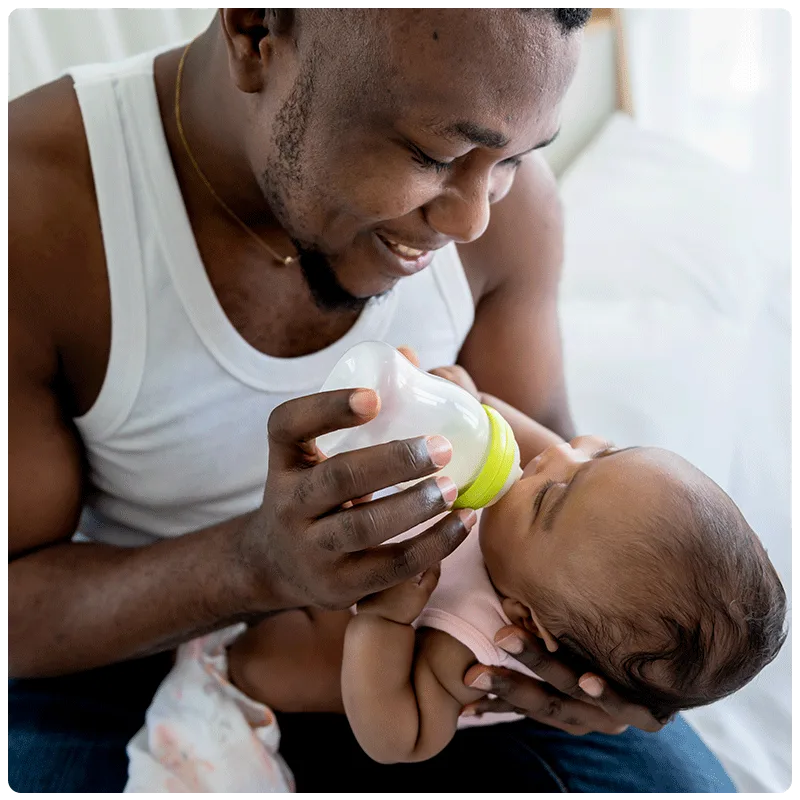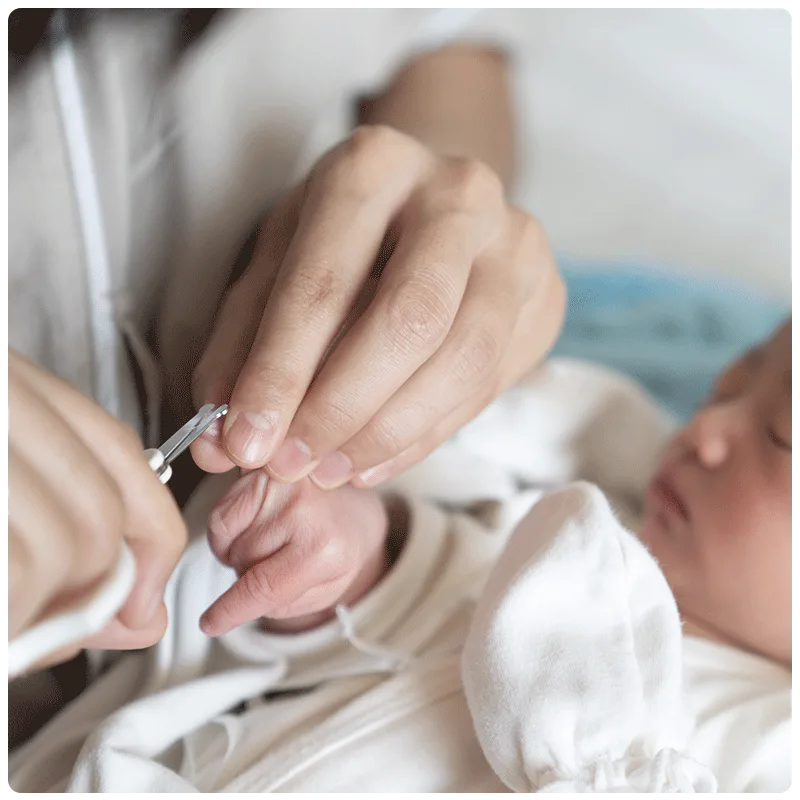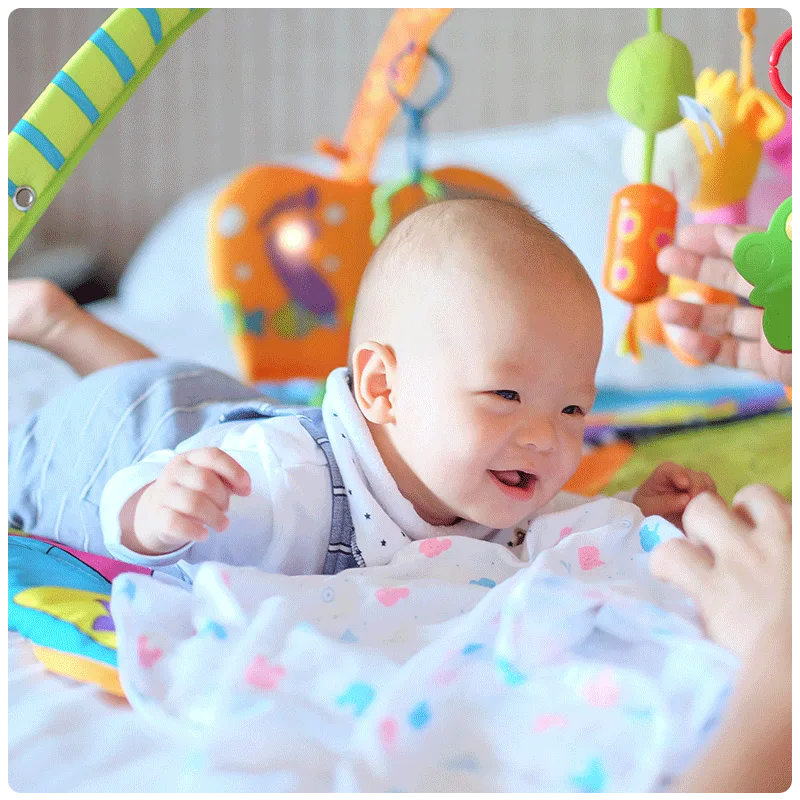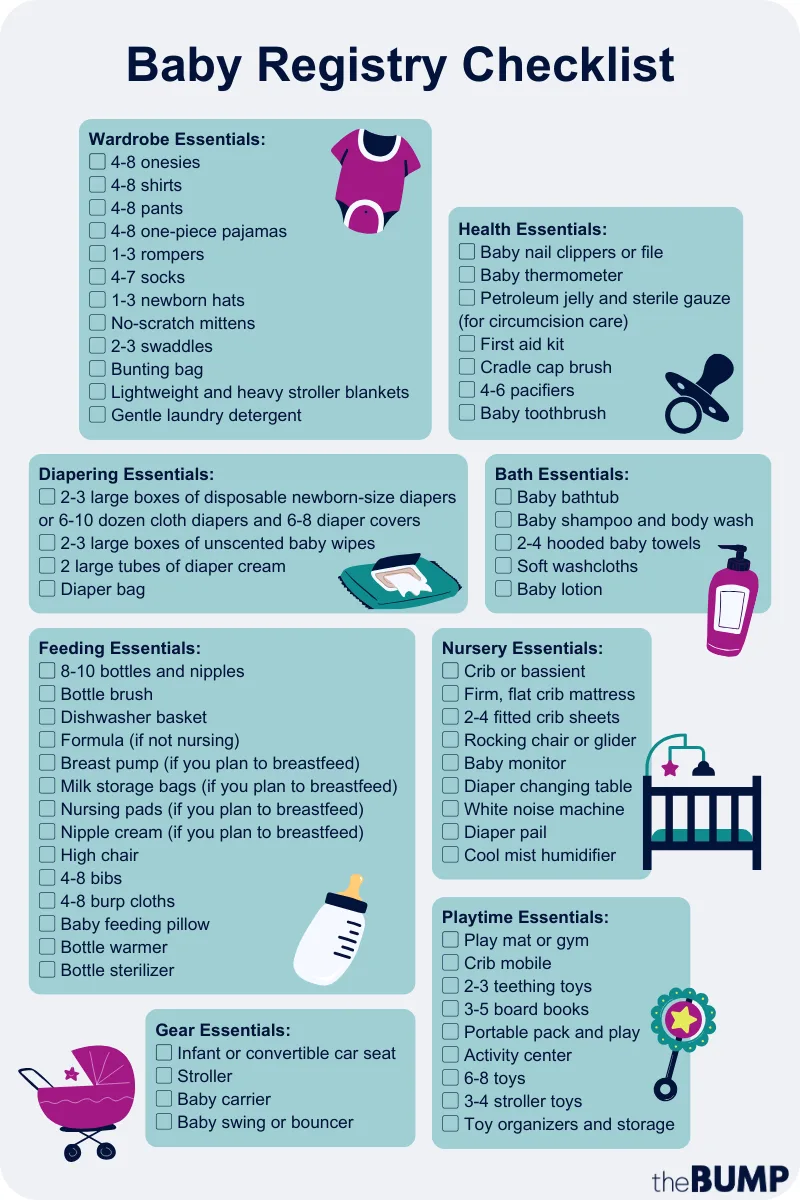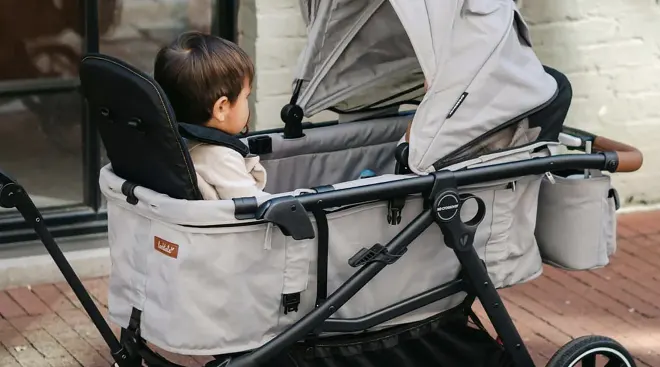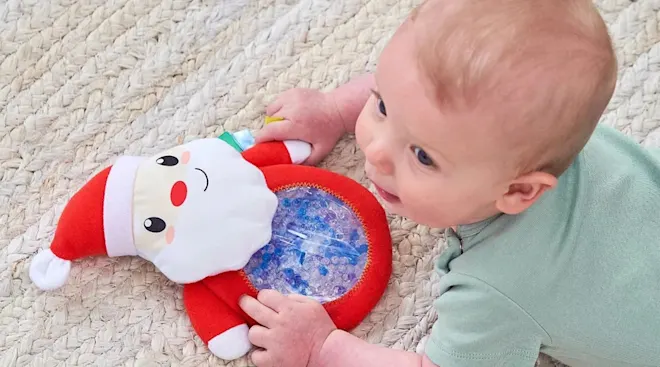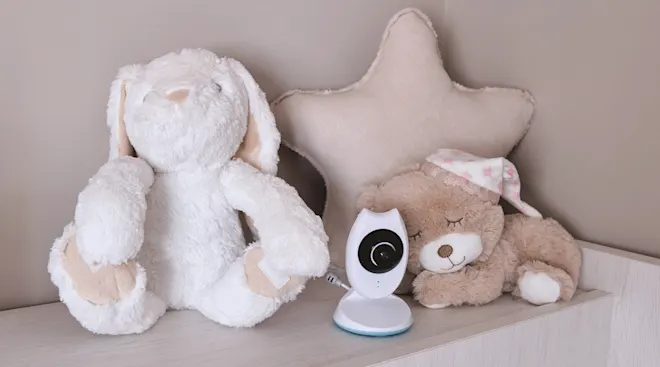Your Ultimate Checklist of Baby Essentials
Among all the to-dos on your plate when prepping for baby’s arrival, shopping for baby essentials is likely high on your list. After all, you’re going to want all your gear the minute your little one makes their big arrival. Between setting up the nursery and ensuring you have the necessary items for sleeping, eating and diapering, it’s easy to keep busy buying baby must-haves. Of course, the amount of baby supplies a newborn needs might surprise any parent-to-be. Wondering how to decipher which baby items to skip and which essential baby items you won’t be able to live without? Don’t stress! Keep reading for a complete list of things you need for a new baby.
Baby Wardrobe Essentials
It doesn’t get much cuter than tiny baby clothes, but you’ll want to pick out practical baby things that’ll keep your newborn comfy and cozy. When it comes to clothing, these are the baby must-haves:
I really thought I'd be all about the most ridiculously adorable, over-the-top mini outfits: baby jeans, frilly dresses with matching headbands, tiny tuxedos. But I ended up being a more practical parent. Cozy and soft onesies, bodysuits and PJs on repeat rotation.
Baby Nursery Essentials
A baby’s room calls for adorable decor for sure, but you’ll also need furniture and baby bedding that will make infant care all the easier (and safer). Here are the baby essentials for any nursery:
In my experience, one of the most important pieces of baby gear you can own is a monitor with good range. When my daughter was born we were living in a mid-century brick bungalow in Chicago… the kind of house with thick walls, where someone could drop a dish in the kitchen and you wouldn't hear it in the basement. With a solid monitor clipped to my belt or placed on my desk, I could get work done while she napped, and know as soon as she was awake.
Baby Diapering Essentials
Changing a diaper may seem daunting at first, but trust us, you’ll get the hang of it—and these baby must-haves will help you pick it up even faster. Check out this list of baby necessities for diapering:
Really take a second to look around your home and figure out what makes sense for you. For instance, we bought a wipe warmer, only to realize that there was no outlet close enough to our changing table! We bought a diaper caddy too, but ended up doing all the diaper changes on the baby changing table anyway. Take time to sit and examine the areas you'll be with baby the most, and brainstorm what makes sense for your environment and your family.
Baby Bath Essentials
Bathtime can be tons of fun—at least, once you get a handle on that slippery baby. It’s best to be prepared with all the right gear. These are the baby must-haves for the bath:
That first newborn bath can be scary—you're responsible for keeping this slippery little thing safe and warm. But you'll get the hang of it, and hopefully your little one will acclimate quickly (in the meantime, there may be some tears!). Keep a few wet washcloths over baby's body while you're soaking them so they don't feel any chill from the air. A hooded towel is key for immediately 'burritoing' baby when you lift them out.
Baby Feeding Essentials
Be prepared to feed your newborn around the clock—which means, whether you’re breastfeeding or bottle-feeding, you’re going to need a whole bunch of baby things for mealtime. Here are the important baby supplies to stock up:
If you're planning to breastfeed, get yourself a breastfeeding pillow! As a first-time mom, I wasn't sure just how much I needed one--but once I got one, I never looked back. Your back will thank you, and you will be able to relax more as your body is recovering from childbirth. Breastfeeding is hard work that takes a lot of maneuvering, and these do a lot of work of helping prop baby up as you're feeding in the early days.
Baby Health Essentials
Don’t forget: Babies need the occasional grooming too. And if your child happens to get sick, you’ll want to have the right baby essentials on hand. Here’s what to buy:
Don't forget to stock your medicine cabinet for baby!I also love to have an electric snot sucker and some saline spray on hand, just in case. A lot of people just focus on their baby, but they forget that Mom might need some essentials too!
Baby Gear Essentials
Whether you’re on the move or relaxing at home, you’ll need to have some key baby gear at the ready. After all, at some point you’re going to need your arms back! Here are the baby must-haves to have on hand:
I’m nearing the close of my second pregnancy—a few things have changed from six years ago when I had my first daughter…I think it is important to read as many reviews as possible and to do as much research as you can regarding these products. Some of them just need to be tested by you and your lifestyle.
Baby Playtime Essentials
When it comes to playtime baby essentials, a lot of this will be subjective. Ultimately, how many toys you get is entirely up to you. You can get musical toys, stuffed animals, rattles, toys for tummy time and more. Keep in mind you’ll likely also get plenty of books and toys from loved ones—and think about how much room you have to store everything. If you do decide to pick up a couple of play things for baby, look for books and toys with high-contrast patterns to aid in baby’s visual development. Here’s what to consider buying:
It may be a few months before baby can actually play with toys, so I recommend selecting classic toys made with durable materials (like solid wood) that’ll have staying power and add to the aesthetic of your nursery.
Plus more from The Bump, our Baby Essentials Checklist:
Please note: The Bump and the materials and information it contains are not intended to, and do not constitute, medical or other health advice or diagnosis and should not be used as such. You should always consult with a qualified physician or health professional about your specific circumstances.
Navigate forward to interact with the calendar and select a date. Press the question mark key to get the keyboard shortcuts for changing dates.
































